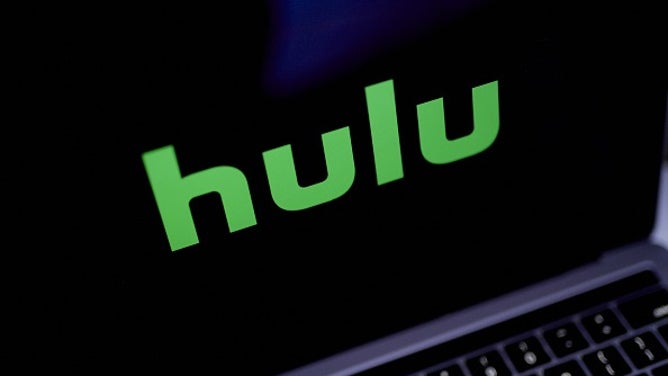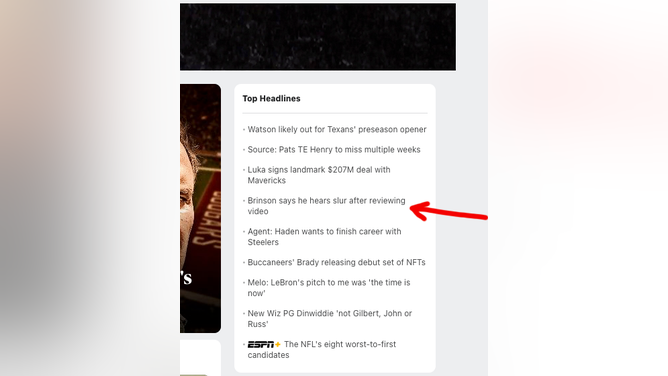Bundle Or Bungle: Disney Will Eventually Ruin Hulu Like It Did With ESPN
Disney took over Hulu in 2019, and has since grown the streaming platform to nearly 40 million monthly subscribers as of August, a 22% increase year over year. That's a cause for celebration, right? More shows for consumers, more customers for Disney, what could go wrong?
The media noticed the bump, too, and applauded Disney for their market 'win' without giving much consideration to the potential downside. Not the downside of publicly siding with an ideology based in racial discontent and critical theories—those are, of course, to be celebrated. No, the media failed to recognize what the inevitable homogenization of Hulu into the great Disney blob means for Disney's future as a tech company.
The Mouse has already done what it does best: roll up unique IP under one nostalgic moniker, hoping that customers don't notice that their favorite aspects of that IP is slowly bled dry by shortsighted decisions meant to affect stock price only.

Of course, entertainment and business journalists alike—the types of people who can name twelve breeds of tomato but don’t know to keep it out of a fruit salad—blessed the integration as a savvy play by Disney, the assumption being that Disney will eventually fold Hulu into their app with its own “tile,” as if Hulu were always a sub-genre of Disney, itself. Disney for adults, maybe; or Disney for sitcom lovers, perhaps.
But what if synergy gets thrown out with the bathwater? No matter, because remember, subscribers are up (even if those numbers are currently artificially inflated because of Disney’s deep international discounts). So what on Earth could be the problem?
There’s two problems, really: one brutally fiscal, and one a bit more abstract; more nuanced.
First, Hulu isn’t profitable despite its $27.5 billion evaluation, thanks in part to its reliance on the plush TV libraries of its studio partners. Other than the anti-Trump, masturbatory leftist farce known as The Handmaid’s Tale, Hulu doesn’t have a bona fide hit to hang its hat on. It is a talented middle man between producer and audience, that’s it. Add in a complicated relationship that goes back decades (and that’s putting it extremely mildly) with one of those producers, Comcast, which owns NBCUniversal, and you’ve got a situation that may look promising, but is actually mired in dysfunction. And while Disney tries to iron out all of Hulu's many corporate wrinkles, especially the global ones (Hulu currently has zero international market share), other streaming services like Netflix, Amazon, HBO, Apple, and others get a little bit stronger by the day.
But dysfunction is nothing new for the Mouse, as seen with its perpetual bungling of ESPN over the past decade plus. Which brings us to problem two for Disney and their ubiquitous, monochromatic approach to business: to force robust, proven quantities like Hulu and ESPN under the Disney+ banner, which undoubtedly squelches their uniqueness, is a very outdated strategy. Buy, absorb, and figure out the details later. It's the Disney way.
Media monopolies (no doubt the dirtiest word in Burbank) have been making this mistake for years—assuming that the content means more to the customer than the viewing experience. ESPN, especially, may go down as the greatest example of customer mismanagement in the history of all media; but Hulu could easily follow suit, though its downfall won’t have the same cultural implications as ESPN’s. Still, though, why buy anything when you could just build it to your exact specifications? There's a laziness involved here; an unwillingness to embrace multiple points of view, and instead force a 'sameness' throughout all of Disney's acquisitions.

ESPN's preoccupation with racial narratives is unmatched in the sporting landscape.
Consider Disney’s abortion of potential in Bristol. Instead of understanding that the pageantry and unpredictability of sports is what fans enjoy, Disney decided that content, specifically a singular, elitist point of view rooted in identity politics, was what fans wanted--or at least would learn to want.
In other words, ESPN ditched pageantry altogether and instead became the most predictable outlet in all of sports entertainment. The tomato experts of course nodded in approval, too, even as ESPN slowly devolved into a laughing stock and a shell of its former self. The fruit salad now tastes terrible, but dammit, tomatoes are fruit, and they deserve to be included.
Does any reasonable ex-viewer of ESPN have faith that Disney will successfully capitalize on the burgeoning interactive experience that ESPN+ could potentially provide, i.e. live gambling updates, multiple camera angles, cutting edge tech stacks, etc.? Disney can’t even figure out how to integrate their park experience with their digital retailer experience, much less their streaming services. They aren’t agile or risky or really all that innovative anymore; all that matters to them is content: more shows, more tickets, more eyeballs.
Drown the customer in Disney instead of elevating the experience is the fate they’ve chosen (or perhaps is just the natural consequence of all corporate behemoths). Regardless, why should we really believe that Hulu’s best days are ahead? Because a few more million customers got washed away by the torrential Disney downpour?
The Mouse has always thrived on new, exciting, original content, but even the Star Wars and Marvel nerds will eventually tire of the many betrayals to the customer experience. And as for live sports, the proven content commodity which Hulu execs have tried to fold into their brand? We all know what Disney’s ultimate potential looks like in that arena. Woke and broke. A joke.
Give me the media companies that know how to elevate the customer viewing experience, not drown a perfectly good fruit salad with San Marzanos. There's too much competition in the space now to stay stuck in the past; too much opportunity for unique, tailored experiences to take our breath away. Disney's content hoarding worked in generations of true creativity, but it will eventually break them if the customer continues to be ignored.